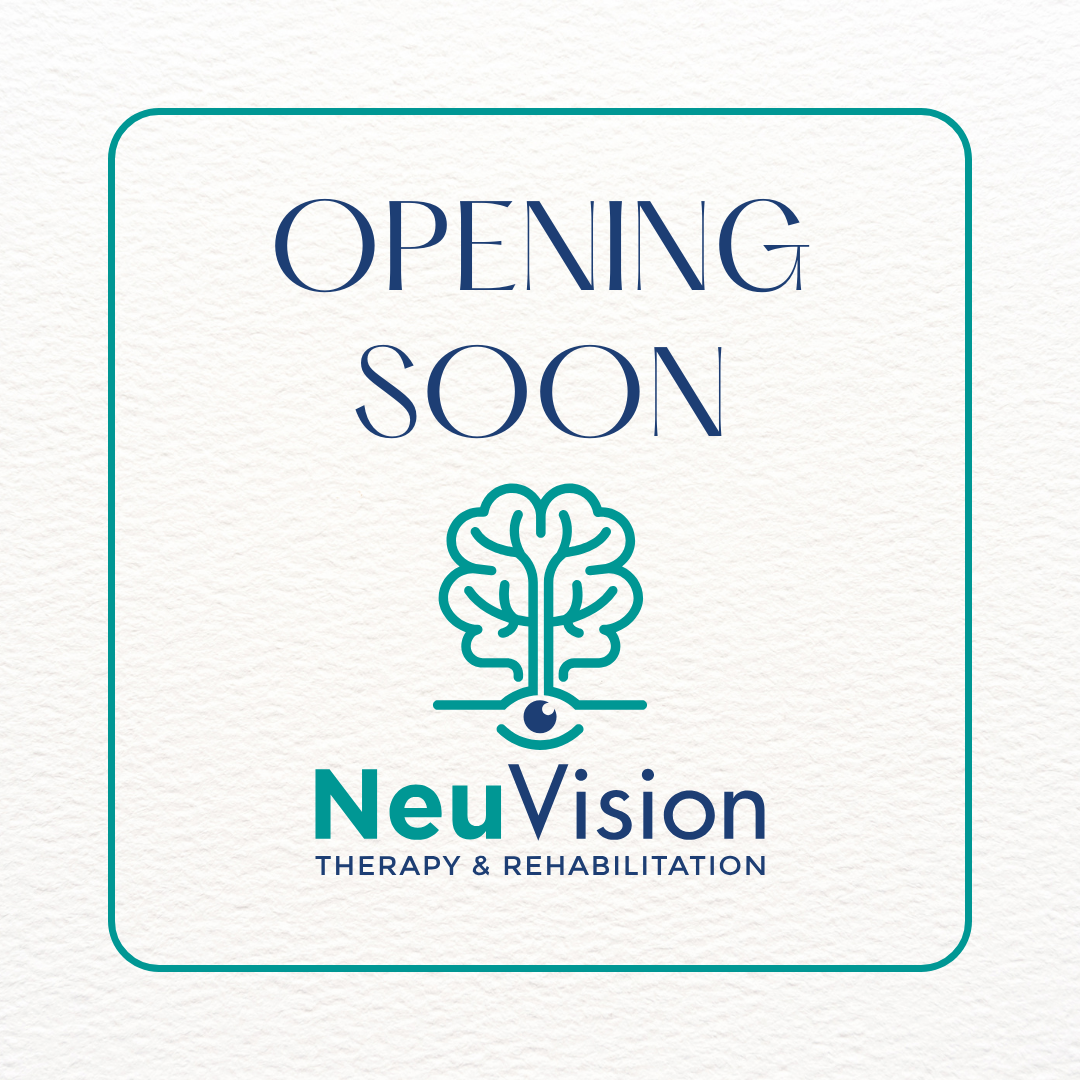
Visual wellness is an integral part of your overall health. It extends beyond just having 20/20 vision. It involves not only the health of your eyes but also the quality of your vision. It's about how well you can focus, track moving objects, discern contrast, and perceive depth. It's a complex system that often goes unnoticed until something goes wrong.
What is Vision Therapy?
Vision therapy is a non-surgical treatment designed to correct vision problems and improve visual skills. Unlike eyeglasses or contact lenses, which compensate for visual acuity problems, or eye surgery that alters the anatomy of the eye, vision therapy aims to train or re-train the visual system to correct itself.
This is a customized program of visual activities designed to correct specific visual dysfunctions and improve visual processing. Vision therapy involves a series of exercises performed under the supervision of a developmental optometrist. These exercises can help improve eye tracking, focusing, eye teaming, and visual processing.
Vision therapy can be beneficial to people of all ages and is not limited to treating vision problems. It can also enhance visual performance in individuals with healthy eyesight. This makes vision therapy a valuable tool in promoting visual wellness.
Common Conditions Addressed by Vision Therapy
Vision therapy addresses a wide range of visual issues. These include common conditions such as lazy eye, crossed eyes, and double vision. It can also treat visual problems associated with learning disabilities, traumatic brain injuries, and developmental disabilities.
How Vision Therapy Works?
Vision therapy works by retraining the brain and eyes to work together more effectively. It involves a series of exercises tailored to the individual's specific visual needs. The therapy can include the use of customized eye exercises, lenses, prisms, filters, and more.
The exercises are designed to improve fundamental visual skills and abilities. They also enhance visual comfort, ease, and efficiency. The goal is to improve how a patient processes or interprets visual information.
It's important to remember that vision therapy is not a one-size-fits-all solution. The effectiveness of the therapy depends on the individual's specific visual problems, the frequency and duration of the therapy, and the individual's active participation in the therapy process.
Benefits of Vision Therapy for Children
Vision problems can significantly impact a child's academic performance. Many children with learning or attention difficulties have undiagnosed vision problems that can be improved with vision therapy. Vision therapy can address issues related to eye movement skills, visual memory, and other visual abilities essential for effective (accurate) reading, writing, and arithmetic. Reading and learning related difficulties can be screened by CISS
Vision therapy can also help children with developmental disorders like autism and dyslexia. These kids often have visual processing difficulties, and vision therapy can enhance their visual skills, leading to improvements in learning, communication, social interactions, ease of reading and reading comprehension.
Additionally, vision therapy can enhance a child's (or an adult's) athletic performance by improving their hand-eye coordination, reaction times, and spatial judgment. These skills are crucial for sports and many other physical activities.
Vision Therapy Advantages for Adults
Adults who have suffered a traumatic brain injury can also benefit from vision therapy. Post-traumatic vision syndrome is a common condition following a brain injury, leading to problems with balance, spatial orientation, and visual processing. Vision Therapy can help address these issues, aiding in the individual's overall recovery process.
Many adults who struggle with visual wellness issues, often are related to computer vision syndrome. Symptoms include eye strain, headaches, blurred vision, dry eyes, and neck and shoulder pain. These problems are primarily caused by prolonged use of computers or other digital devices.
Vision therapy can help alleviate these symptoms by enhancing visual efficiency and comfort. The therapy can also improve visual skills like focusing and eye teaming, making it easier to read, write, or work on a computer for extended periods efficiently.
The Critical Role of Vision Therapy for Seniors
As we age, our risk for eye diseases and vision problems increases. Conditions like macular degeneration, glaucoma, and cataracts become more common. While vision therapy cannot cure these diseases, it can help manage some of their symptoms and improve the quality of life for seniors.
Vision therapy can help seniors maintain their independence for longer. By improving visual skills like eye movement control and visual processing, seniors can continue to perform daily tasks such as reading, driving, and cooking.
Vision therapy can also play a role in fall prevention. Poor vision is a significant risk factor for falls in the elderly. By enhancing visual wellness, vision therapy can help seniors navigate their surroundings more safely, reducing the risk of falls and related injuries.
Ensuring Visual Wellness Through Vision Therapy
Visual wellness is essential at every stage of life. From children struggling with learning to adults suffering from post-concussion syndrome to seniors trying to maintain their independence, vision therapy offers a way to enhance visual performance and improve quality of life.
Whether you're a parent, adult, or senior, consider how vision therapy could enhance your life or the life of someone you care about. Start your journey to better visual performance, visit NeuVision at our office in Richfield, Minnesota. Please call or text (612) 200-3286 or email info@neuvisiontherapy.com to get more information or schedule an appointment.







